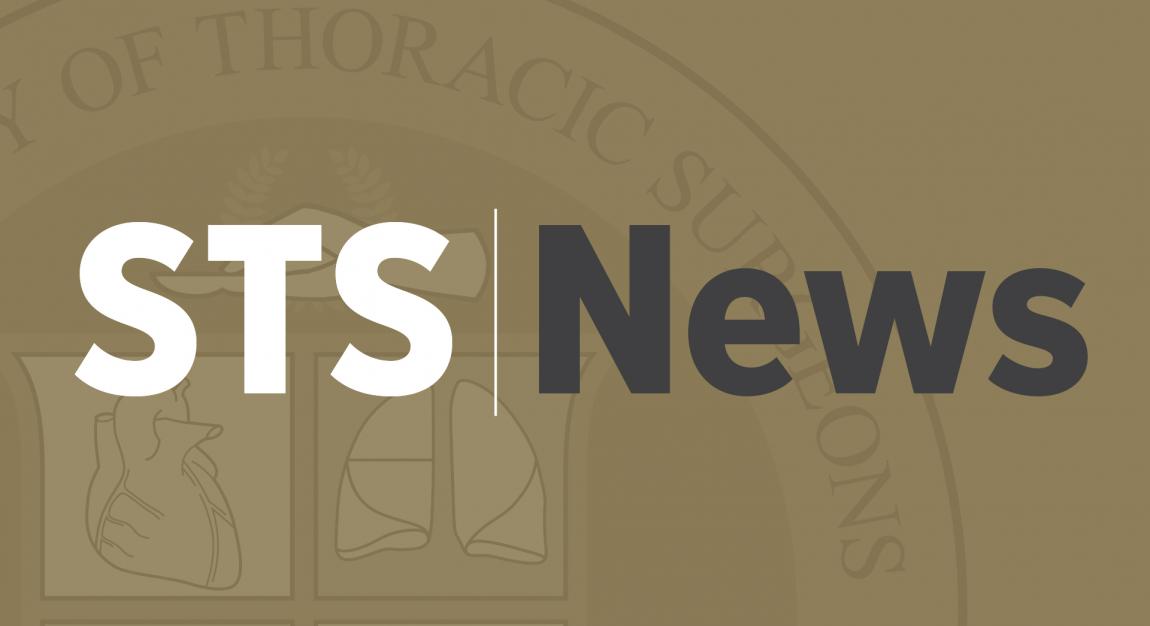Since its origins as a task force in 2017, the 16-member STS Workforce on Diversity, Equity, and Inclusion (DEI) has been prolific in creating evidence-based, perspective-changing forums that illuminate disparities in underserved populations of both patients and surgeons—and they recognize that “awareness” was only the first step.
“When this workforce started as a task force, the original goal was to gauge the equity, diversity and inclusion of STS at that time, and we assessed that with a survey of membership,” said Africa F. Wallace, MD, director of thoracic surgery at Capital Health Surgical Group in Pennington, New Jersey.
What they found in 2017 was a lack of diversity in STS leadership. This has since prompted changes to STS recommendations for nominating and selecting its leaders, specifically encouraging members from underrepresented groups to self-nominate, inviting leadership recommendations from diverse stakeholders, and encouraging STS Board members, council chairs, and workforce chairs to recommend residents, women, and underrepresented minorities for leadership positions.
"Our roles as attendings, division chiefs, chairs, coaches, and mentors come with a larger responsibility. If we are to change what medicine looks like and our interactions with patients, at some point we have to take a stand.”
- Africa F. Wallace, MD
The Workforce has been tireless in challenging the barriers that can confound a career for an aspiring cardiothoracic surgeon who is part of an underrepresented community—not only in access to education and resources but in the nuances of day-to-day interactions related to training, jobseeking, pay equity, mentorship opportunities, and team dynamics.
For example, in a free-access article published last month in The Annals of Thoracic Surgery, STS DEI Workforce members engaged in an open dialogue with members of the STS Workforce on Patient Safety, centered around a case scenario in which a patient makes racist and sexist remarks toward a general surgery resident working with a heart team.
The discussion centered around how a patient’s bias can pose a real safety threat. In a specialty where every member of the team is critical, changing up routines to suit that bias could compromise the quality of care that patient receives.
During the exchange, Dr. Wallace identified the scenario as an opportunity for surgical team leaders to stand up for their colleagues, creating an environment where an aspiring surgeon feels supported.
When a surgeon delivers excellent care in the face of prejudice, it’s a pivotal way to reach patients who have a biased mindset, Dr. Wallace acknowledged. But that’s not adequate to create a setting that’s welcoming to diverse surgeons.
“As the leader, you have a responsibility to protect those who are working with you and set an example for them,” Dr. Wallace emphasized. “Our roles as attendings, division chiefs, chairs, coaches, and mentors come with a larger responsibility. If we are to change what medicine looks like and our interactions with patients, at some point we have to take a stand.”
The article is just the first of a series of case-based discussions among the two workforces on how racism—on the part of providers and patients—affects patient care. And it’s one of dozens published recently in The Annals with the goal of promoting real change in the DEI arena. The Workforce also has created numerous webinars, Database analyses, three seasons of the “Same Surgeon, Different Light” podcast, and other top-quality resources—as well as an extraordinary array of presentations at the STS Annual Meeting—with the aim of cultivating a more diverse environment for cardiothoracic surgery.
“We have gone from documenting disparities to highlighting speakers who are actually implementing activities and research and efforts to eliminate disparities,” said Workforce chair David Tom Cooke, MD, professor and founding chief of general thoracic surgery at UC Davis Healthcare in Sacramento. “Not just saying that disparities exist, but that these are our action items to eliminate them.”
As a workforce and as individuals, the members have educated Congressional leaders and their staffs on the purpose of risk calculators as essential tools for assisting surgeons in making the best choices for patient care and postoperative support. They also advocate for diverse patient representation in studies that inform the calculators, as well as the integration of socioeconomic variables, to demonstrate the reality that different outcomes among races and genders aren’t simply biological.
As for cardiothoracic surgeons as a community, “The willingness to achieve diversity is not counter to meritocracy,” Dr. Cooke said, “and the data support that. We are not seeking platitudes; we are seeking action and true empathy—with tangible progress.”
Find an extensive catalog of the Workforce’s achievements and initiatives at sts.org/diversity.
